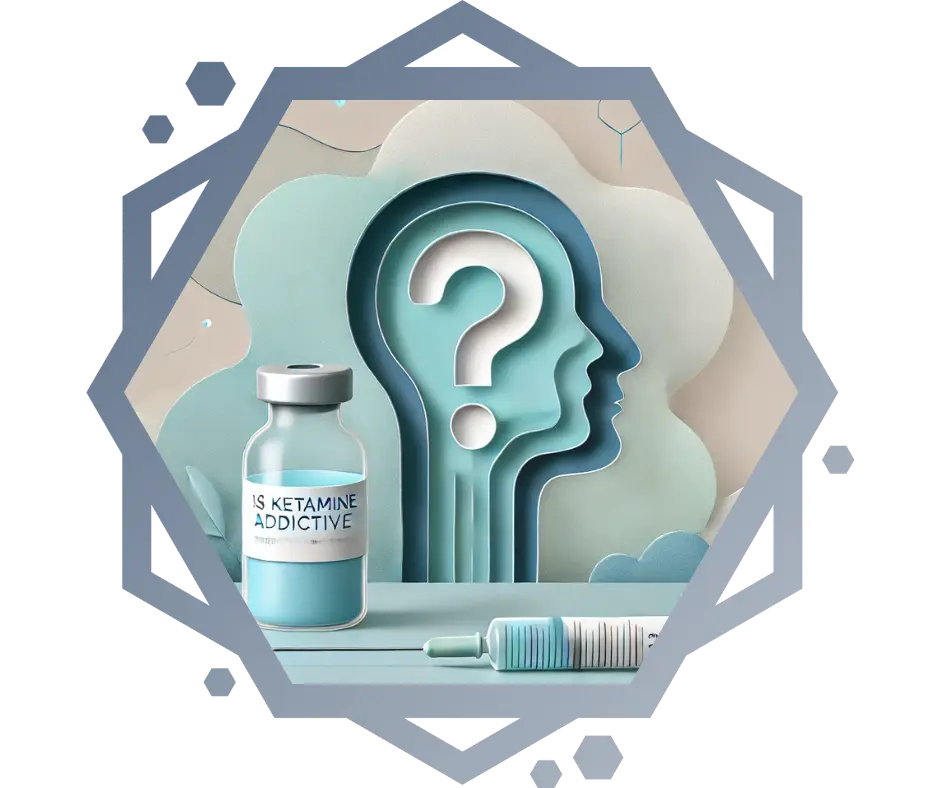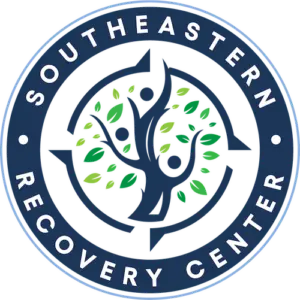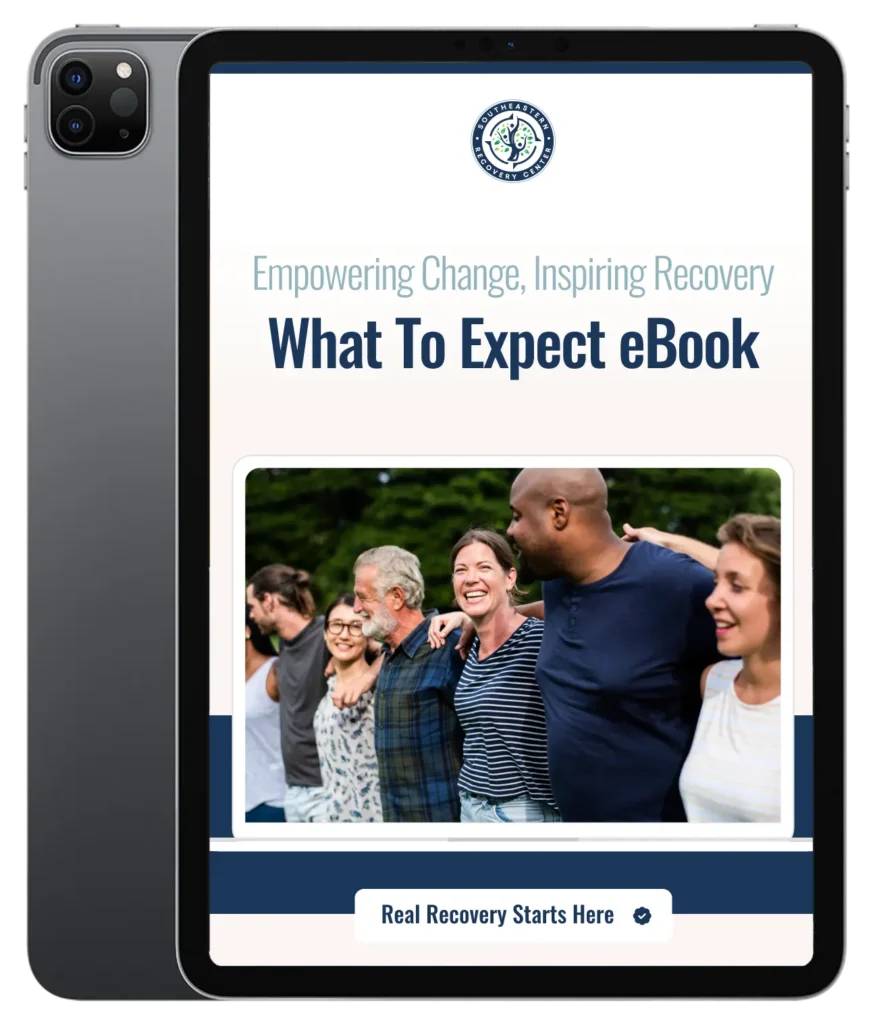Because of its addictive potential, ketamine treatment for depression should be used under the supervision of a medical professional.
Ketamine, once known primarily as a dissociative anesthetic and recreational drug, is now being utilized as a breakthrough treatment for depression, especially in cases where traditional antidepressants have failed. This emerging use has sparked numerous questions about its safety, particularly regarding its addictive potential. We’ll explore whether ketamine is addictive when used for depression, the science behind how it works, its risks, and what research and statistics say about its safety and efficacy.

Understanding Ketamine and Its Use in Depression Treatment
Ketamine was developed in the 1960s as an anesthetic and has been widely used in both human and veterinary medicine. However, more recently, researchers have discovered its ability to rapidly reduce depressive symptoms, particularly in individuals with treatment-resistant depression (TRD)—a form of depression that doesn’t respond to traditional antidepressants like SSRIs or SNRIs.
Today, there are two main forms of ketamine used in depression treatment:
- Racemic Ketamine (IV Ketamine Infusion): This is a mixture of two mirror-image molecules of ketamine and is typically administered intravenously in clinical settings.
- Esketamine (Spravato): A nasal spray form that was approved by the U.S. Food and Drug Administration (FDA) in 2019 for use in treatment-resistant depression and, more recently, for major depressive disorder with acute suicidal ideation.
How Ketamine Works to Relieve Depression
Ketamine’s mechanism of action is different from conventional antidepressants. While SSRIs work by increasing serotonin levels in the brain, ketamine targets the N-methyl-D-aspartate (NMDA) receptor, a receptor involved in the regulation of glutamate, the brain’s primary excitatory neurotransmitter. By blocking NMDA receptors, ketamine increases the availability of glutamate, which helps create new neural connections in the brain, potentially helping to “reset” certain brain functions that contribute to depression.
A study about ketamine stated that ketamine’s rapid effects can start within hours, providing significant relief for patients with suicidal ideation or severe depressive symptoms.
Is Ketamine Addictive?
Despite its promise in treating depression, concerns about ketamine’s potential for addiction have been raised. Historically, ketamine has been used as a recreational drug due to its hallucinogenic and dissociative effects, which has fueled questions about its safety.
Ketamine does have potential for addiction, particularly when used recreationally. However, in clinical settings, where ketamine is administered in controlled doses, the risk of addiction appears to be minimal.
Here are the main distinctions between medical use and recreational misuse:
- Physical Dependence: Ketamine does not induce the same kind of physical dependence as other addictive substances like opioids or alcohol. Physical withdrawal symptoms have not been observed in patients receiving ketamine therapy for depression. However, tolerance may develop if used regularly over an extended period, requiring higher doses for the same effect.
- Psychological Dependence: Regular recreational use of ketamine can lead to psychological dependence, where users crave the drug for its dissociative and euphoric effects. According to the National Institute on Drug Abuse (NIDA), 1% of high school seniors reported using ketamine recreationally in 2020. Psychological dependence is a bigger concern in non-medical, unsupervised use but remains minimal in medically supervised environments.
Risks and Side Effects of Ketamine for Depression
While ketamine is regarded as a promising treatment for depression, it is not without risks. Side effects, while typically mild in clinical settings, can include dissociation, increased blood pressure, and nausea. In recreational settings, where higher and more frequent doses may be used, the risks increase significantly.
Common Side Effects
- Dissociation: One of ketamine’s primary effects is dissociation, which makes users feel detached from reality. In medical use, this effect is usually temporary and fades within an hour. However, repeated exposure, particularly at high doses, can result in prolonged dissociative episodes, which could impact mental health.
- Cognitive and Memory Issues: Long-term recreational use of ketamine has been linked to memory impairments and cognitive dysfunction. Studies have found that chronic users of ketamine exhibit reduced cognitive performance, although this effect has not been seen in patients receiving medical ketamine infusions at low, controlled doses.
- Urinary Tract Problems: Chronic, high-dose ketamine use has been associated with serious urinary tract and bladder issues, including ketamine-induced cystitis. However, in a clinical setting, these side effects are rare, as patients are monitored and given much lower doses over a controlled period.
Safe Use of Ketamine for Depression
Given its addictive potential, it’s crucial that ketamine is used in a controlled medical environment. In most clinical settings, ketamine infusions are only offered after patients have been screened for substance use disorder and other potential risk factors.
Best Practices for Ketamine Therapy
- Screening: Patients are screened for any history of substance use disorder, as those with a past of drug misuse may be at a higher risk of developing a psychological dependence on ketamine.
- Short-Term Use: Most ketamine protocols involve a short-term series of infusions, often once or twice a week for a limited duration (typically four to six weeks), followed by periodic booster infusions as needed. This schedule reduces the likelihood of tolerance and dependence.
- Follow-Up and Monitoring: Continuous monitoring of patients receiving ketamine therapy ensures that any signs of misuse or dependence are quickly identified and addressed.
Statistics on Ketamine Use and Addiction
As ketamine treatment for depression becomes more widespread, research on its safety continues to evolve. Here are some key statistics:
- Depression Treatment Success Rates: Studies show that up to 70% of individuals with treatment-resistant depression experience significant improvement in symptoms after receiving ketamine infusions.
- Recreational Use Rates: According to the Substance Abuse and Mental Health Services Administration (SAMHSA), recreational use of ketamine remains relatively low compared to other drugs, with around 0.7% of individuals aged 12 or older reporting use in the past year.
Risk of Addiction: A review in Frontiers in Pharmacology highlighted that while ketamine has a risk of addiction, the rates of abuse in clinical settings are minimal. The key lies in careful patient selection and monitoring.
Is Ketamine Addictive When Used for Depression?
As ketamine treatment becomes more common, healthcare providers must remain vigilant about the potential for misuse and addiction. Regular follow-ups, patient education, and strict treatment protocols will continue to be essential in minimizing risks and maximizing benefits for those suffering from depression.
While ketamine has addictive potential—particularly in recreational contexts—the risk of addiction in clinical settings, when used to treat depression, is minimal. Under the guidance of a healthcare professional, ketamine can be a powerful and effective tool for treating depression, especially for individuals who have not responded to traditional antidepressants.
For individuals considering ketamine therapy, Southeastern Recovery can help you determine if the potential benefits often outweigh the risks, particularly when other treatments have failed. However, it is important to discuss all options with a healthcare provider to determine the best course of action.





